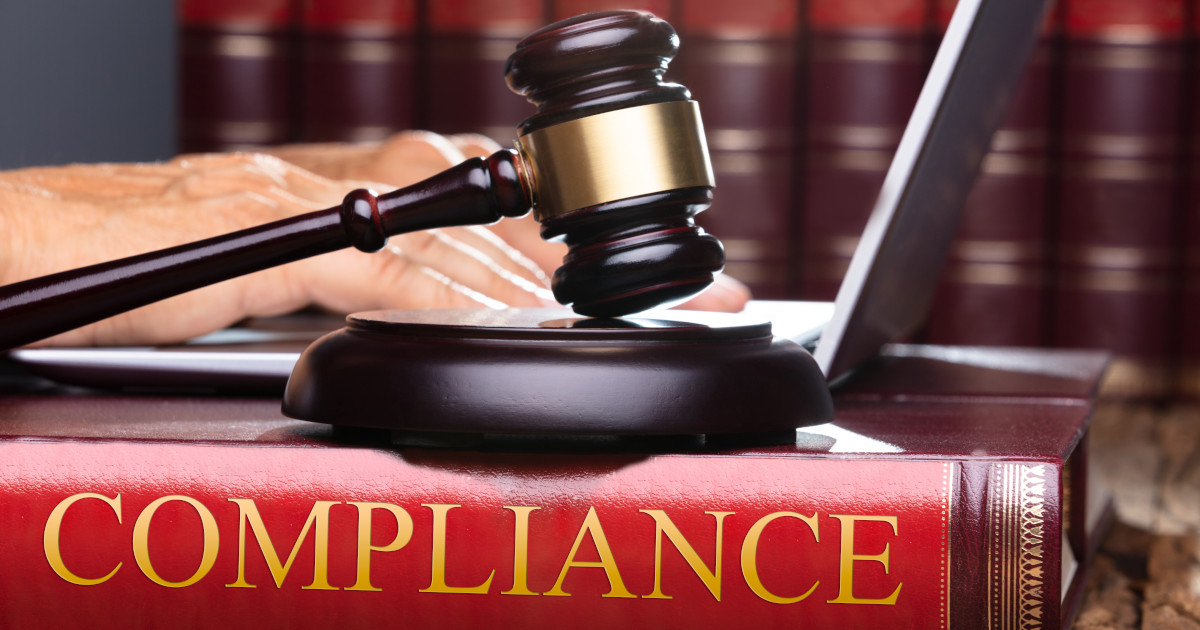
A Brief History
On October 30, 2023, The Securities and Exchange Commission (SEC) filed a lawsuit against SolarWinds, the information technology firm that fell victim to a Russian-backed hacking group in a major cyber-espionage incident in 2019. The SEC alleges that SolarWinds committed fraud and failed to maintain adequate internal controls for several years leading up to the hack. The lawsuit also implicates SolarWinds’ Chief Information Security Officer, Tim Brown, accusing the company of overstating its cybersecurity practices and downplaying known vulnerabilities in its systems. The SEC contends that SolarWinds and Brown ignored repeated warnings and red flags about the company’s cyber risks, as evidenced by internal documents and messages.
The 2019 cyberattack on SolarWinds was particularly significant as it affected various government agencies relying on SolarWinds’ Orion software. The SEC complaint asserts that SolarWinds failed to disclose numerous vulnerabilities in its regulatory filings, some of which directly contributed to the Russian-backed hack. The SEC’s 68-page complaint accuses SolarWinds and Brown of misleading investors by making false statements about compliance with cybersecurity frameworks, claiming strong password policies and access controls while maintaining weak controls. The lawsuit marks one of the first instances where the SEC has alleged a company misled and defrauded investors regarding cybersecurity risks. SolarWinds’ shares dropped 1.5% following the filing of the lawsuit.
The moral of the story: Compliance standards without follow-up audits may lead to painful consequences.
The Crucial Role of Audits in Safeguarding Compliance Standards
There are so many advantages to the reality that our business landscape is wonderfully interconnected. Nevertheless, maintaining robust compliance standards and ensuring cybersecurity is paramount to the success and integrity of any organization. One of the key tools in achieving and sustaining these standards is conducting regular audits. These audits not only help in assessing the effectiveness of implemented policies but also play a pivotal role in mitigating risks associated with employee access, cyberattacks, and vulnerabilities in IT infrastructure.
Employee Access Should Be Aligned with Job Descriptions
A fundamental aspect of maintaining compliance standards is ensuring that employees have access to information based on their job descriptions. Conducting regular audits allows organizations to review and verify that access privileges are aligned with individual roles and responsibilities. This is crucial for preventing unauthorized access to sensitive information, reducing the risk of internal data breaches, and adhering to data protection regulations.
Through audits, organizations can identify and rectify discrepancies in access permissions promptly. For instance, an employee who has transitioned to a different role may still retain access to information from their previous position. Without regular audits, these oversights can pose significant security risks, potentially compromising sensitive data.
Moreover, audits serve as a proactive measure to enforce the principle of least privilege, ensuring that employees only have access to the information necessary for the performance of their duties. This not only safeguards sensitive data but also enhances overall organizational security posture.
Mitigating the Risks of Cyberattacks, Especially Phishing Campaigns
The evolving landscape of cyber threats, particularly the prevalence of sophisticated phishing campaigns, underscores the importance of audits in assessing an organization’s vulnerability to such attacks. Phishing attacks often target human vulnerabilities, exploiting unsuspecting employees to gain unauthorized access to systems and sensitive information.
Regular audits of cybersecurity measures can help organizations identify weak links in their defense mechanisms. By scrutinizing employee awareness programs, email security protocols, and the effectiveness of phishing simulations, organizations can better prepare their workforce against falling victim to these malicious tactics. Audits provide insights into areas that require improvement, enabling organizations to reinforce their cybersecurity training and implement targeted measures to thwart phishing attempts.
Additionally, audits can assess the efficiency of technical safeguards, such as multi-factor authentication and intrusion detection systems, which are critical in preventing unauthorized access resulting from phishing attacks. By staying vigilant through regular audits, organizations can adapt their cybersecurity strategies to address emerging threats effectively.
Addressing IT Infrastructure Security Vulnerabilities
The rapid evolution of technology has ushered in countless benefits for organizations, but it has also introduced new challenges, particularly in securing IT infrastructure. Audits play a pivotal role in identifying and addressing vulnerabilities in the IT landscape that could be exploited by malicious actors.
Regular assessments of software, networks, and system configurations enable organizations to stay ahead of potential threats. Audits can pinpoint outdated software versions, misconfigurations, and other vulnerabilities that might serve as entry points for cybercriminals. By addressing these issues promptly, organizations can fortify their IT infrastructure and reduce the likelihood of successful cyberattacks.
Furthermore, audits contribute to ensuring the compliance of IT systems with industry standards and regulations. This is particularly important in sectors where adherence to specific cybersecurity frameworks is mandatory. Regular audits not only validate compliance but also provide an opportunity for organizations to update their systems in accordance with the latest security protocols.
Conclusion
The importance of conducting audits to ensure compliance standards and cybersecurity cannot be overstated. These assessments are not merely bureaucratic exercises but rather proactive measures to safeguard an organization’s assets, reputation, and the trust of its stakeholders. By focusing on employee access alignment, mitigating the risks of cyberattacks, and addressing IT infrastructure vulnerabilities, organizations can enhance their resilience against the ever-evolving threat landscape. Regular audits serve as a cornerstone in building a secure and compliant foundation for sustained success in today’s digital age.
SUURV Technologies, a leading managed service provider, can help your business compliance audits. Simply call (210) 874-5900 or fill out our contact form by clicking here.
Get Help Now!
We bring a laser focus to the three most critical functions of your company.
1. Business Operations

SUURV would love to talk with you about our vCIO and TAM support. It's the solution you've been searching for.
2. IT Infrastructure

THERE'S NEVER a one-size-fits-all approach. We implement custom solutions that scale with your growth.
3. Employee Support

You spent a lot of time building your team. We work around the clock to support them.



One would have expected SolarWinds to be more reliable than this.